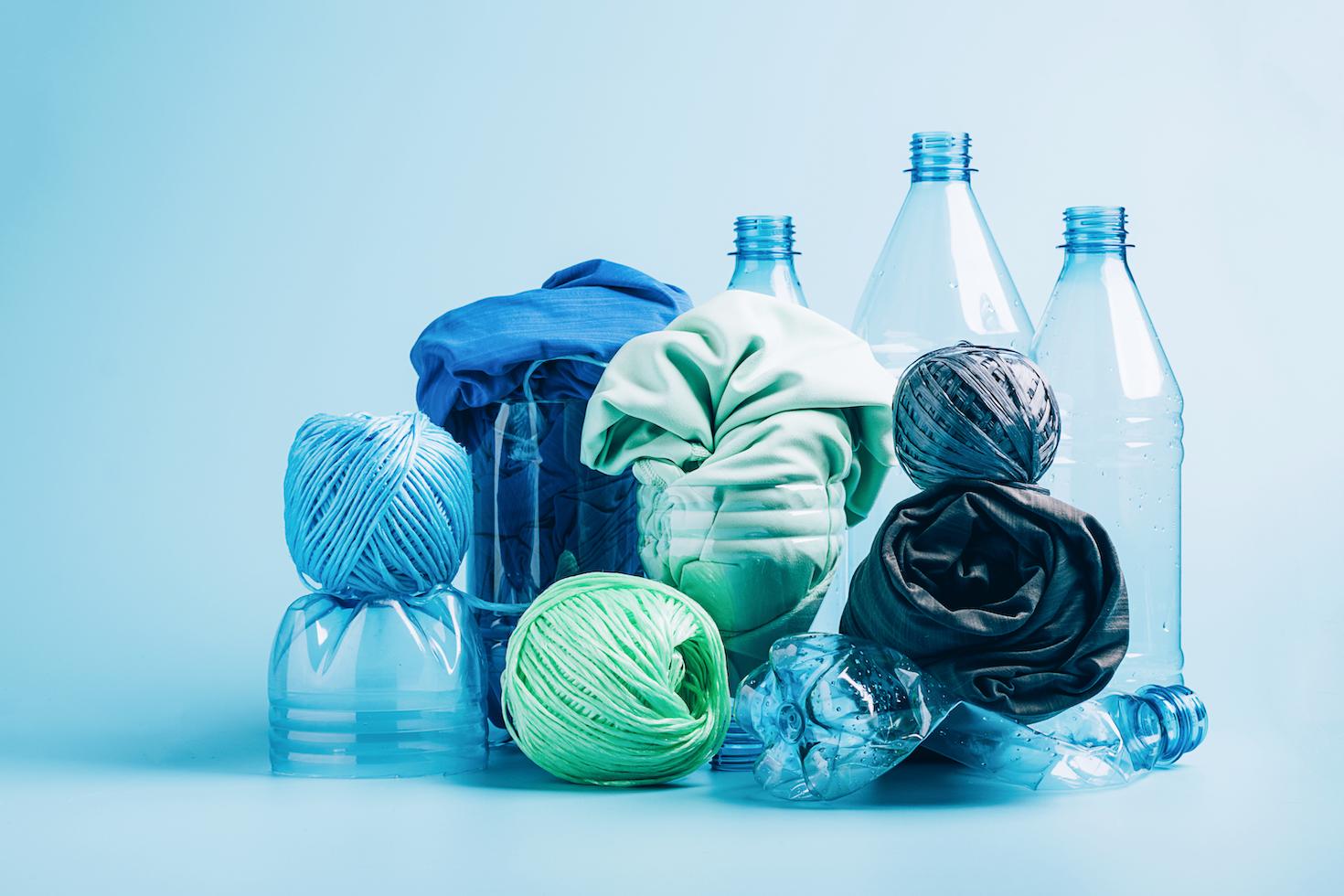
Greening the Globe: The Impact of Recycling Plastic
Recycling plastics is an important facet of enviromentally friendly efficiency and squander administration. It cuts down on the level of plastic spend that winds up in trash dumps and oceans and conserves normal resources by utilizing recycled supplies to create new services. Here’s everything you should learn about recycle plastics, which include its relevance, the kinds of recyclable plastics, along with the approach engaged.
Need for Recycling Plastic materials:
Trying to recycle plastic materials has lots of ecological advantages. First and foremost, it helps decrease the level of plastic material waste materials that pollutes the environment. Plastics might take a huge selection of many years to break down, in addition to their accumulation can harm wildlife and ecosystems. Recycling plastic materials also conserves organic resources such as oil, that is utilized in the creation of new plastic materials. Moreover, recycling reduces energy intake and garden greenhouse petrol pollutants, as creating items from reprocessed components requires a lot less power than utilizing raw components.
Varieties of Recyclable Plastics:
Plastic materials are sorted into seven different kinds depending on their chemical formula. Not all kinds are equally recyclable, but a majority of might be packaged and repurposed. Allow me to share the principle varieties of recyclable plastic materials:
Family pet (Polyethylene Terephthalate): Widely used in drinking water containers and foods product packaging, Animal is one of the most widely re-cycled plastic materials.
HDPE (Substantial-Solidity Polyethylene): Used in whole milk jugs, detergent containers, and grocery store luggage, HDPE can also be highly recyclable.
Pvc material (Polyvinyl Chloride): Often found in plumbing and construction supplies, Pvc material may be reprocessed but might require special coping with due to the chemical components.
LDPE (Lower-Density Polyethylene): Seen in plastic luggage and motion picture, LDPE can be re-cycled in certain establishments.
PP (Polypropylene): Utilized in foods storage units and jar caps, PP is recyclable in many areas.
Playstation (Polystyrene): Commonly known as Styrofoam, Playstation can be difficult to reuse and may even require professional services.
Other plastic materials: This class consists of a variety of plastics such as polycarbonate and is also typically tougher to reuse.
Trying to recycle Process:
The trying to recycle procedure for plastics generally involves numerous methods:
Assortment: Plastic materials are obtained from homeowners, companies, and trying to recycle facilities.
Searching: The obtained plastic materials are sorted by kind, as distinct plastics call for distinct trying to recycle procedures.
Cleansing: Plastics are thoroughly cleaned out to remove any impurities including brands, food deposits, or other dirt.
Shredding: Cleansed plastic materials are shredded into smaller parts to aid digesting.
Melting and Extruding: The shredded plastic materials are melted down and created into pellets or flakes, which can be used to create new plastic-type material goods.
Producing: The reprocessed plastic-type pellets or flakes are employed to create new products such as containers, containers, and product packaging resources.
By recycling plastics, we are able to lessen pollution, help save solutions, and minimize our environment influence. As individuals, we can easily play a role in this effort by properly working and trying to recycle our plastic squander.